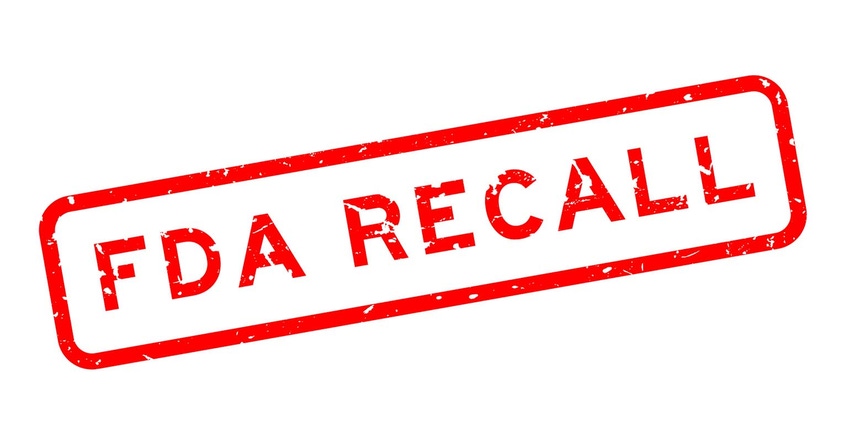April 10, 2023

In the latest chapter of the Philips recall saga, some “reworked” Respironics DreamStation devices, which were previously recalled in June 2021 because of degraded polyester-based polyurethane (PE-PUR) foam, have now been recalled again by FDA. At issue this time, is the incorrect or duplicate assignment of serial numbers during initial programming. “This duplication can cause therapy to be delivered using the wrong prescription or factory default settings,” said FDA in issuing the Class I recall, the most serious category. “Additionally, it may fail to deliver any therapy at all. There is no warning or indication to the user that the DreamStation is not working the way the doctor intended or prescribed,” said the agency.
This defect may lead to several health conditions, including respiratory failure, heart failure, and death, according to FDA.
Phillips has received 43 complaints about this issue. FDA noted that no injuries or deaths have been reported when it issued the safety notice on April 7. Philips initiated the recall on Feb. 10, 2023. Thus far, 1,088 devices have been recalled in the United States.
The DreamStation devices help people with breathing conditions by providing continuous airway pressure (CPAP) and bilevel positive airway pressure (BiPAP) support.
In 2021, Philips issued a major recall of DreamStation products because the PE-PUR foam used to dampen sound made by the devices could degrade into particles. They may enter the device’s air pathway and be ingested or inhaled by the user, and the foam may off-gas certain chemicals. Approximately 5.5 million devices were recalled.
Then in 2022, it had to recall almost 400 BiPAP machines because of a plastic contaminated with a non-compatible material. If the plastic gets into the device motor, it could release volatile organic compounds (VOCs), chemicals of concern that can irritate the eyes, nose, and throat and cause difficulty breathing.
Finally, earlier this year in February, Philips recalled more than 21,000 Trilogy 100 and 200 ventilators and a Garbin model that had been part of the 2021 recall. FDA cited two reasons: The silicone foam used to replace the PE-PUR foam could separate from the plastic backing because of adhesive failure and in some cases residual PE-PUR foam was found in reworked ventilators.
And if you’re wondering who got fired over this, apparently no one. But, as reported in sister media outlet MD+DI, longtime CEO Frans van Houten announced he was stepping down in August 2022. Roy Jakobs took the helm of the company in October 2022, and is still there.
About the Author(s)
You May Also Like




